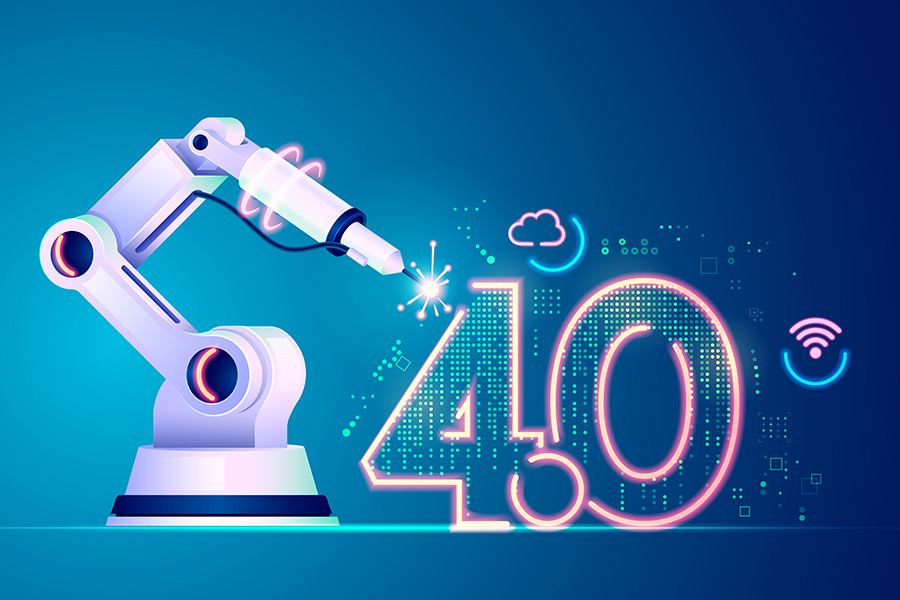
Industry 4.0 technologies enhance organizational ambidexterity, driving innovation success and circular economy performance.
Authors
Saumyaranjan Sahoo, Indian Institute of Management Sambalpur, Odisha, Sambalpur, India.
Ashwani Kumar, Indian Institute of Management Rohtak, Haryana, Rohtak, India.
Sachin Kumar Mangla, Professor, Jindal Global Business School, O.P. Jindal University, Haryana, Sonipat, India; Plymouth Business School, University of Plymouth, Plymouth, United Kingdom.
Alessio Ishizaka, NEOMA Business School, Mont-Saint-Aignan Cedex, France.
Summary
Regulatory authorities are putting a lot of pressure on manufacturers to devise strategies to boost their contribution to the circular economy. The limited comprehension surrounding the complex interplay that exists between the deployment of Industry 4.0 (I4.0) strategies, the capability to acquire information, and the ability to balance exploration and exploitation activities within an organization acts as a barrier for manufacturers to attain the optimal levels of organizational performance.
As a result, the purpose of the current investigation is to investigate the strategic execution of I4.0 on manufacturers’ information acquisition capability in order to foster the ambidexterity required to flourish in the innovation‐driven high‐performance ecosystem for attaining circular economy performance. In this study, data from a cross‐sectional survey that included responses from a sample of 238 Indian manufacturers were assessed using structural equation modeling.
According to the results, I4.0 technologies assist organizations in strengthening their exploitative and explorative capabilities, allowing them to achieve success in innovation, which is directly related to their performance in circular economy activities. Unexpectedly, the association between an organization’s information acquisition capability and its innovation performance is not substantial, but it is completely mediated by both exploitative and explorative capabilities, which are characterized as organizational ambidexterity.
Published in: Business Strategy and the Environment
To read the full article, please click here.

